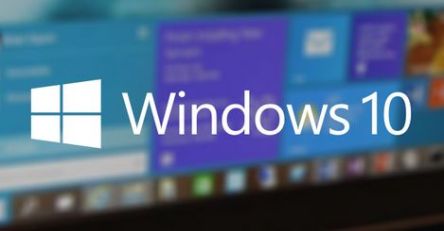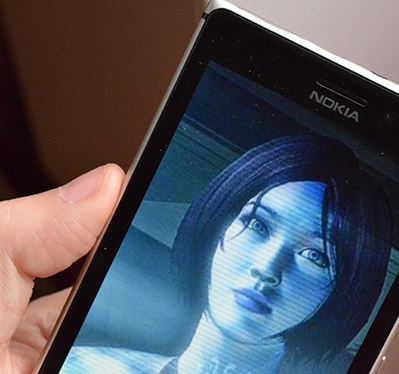The future of computing, in Microsoft’s vision, is way beyond the mouse, keyboard, and touchscreen. Will this extraordinary vision of personal computing be strong enough to walk side-by-side Apple and Google? Time will tell. Let’s take a look at Microsoft’s pitch. Many had given up hope when picturing Microsoft’s future in the world of OSes, after the launch of 8 and 8.1. But the vast majority of us has at least one device running on Windows OS, typically a PC or laptop. The press event which took place last week in Washington made spectators wonder: is this really a Microsoft conference? It was indeed Microsoft, and it made 2015 be the year that science fiction becomes real. Windows 10 will arrive in fall 2015 as a free update to Windows 7, 8, and 8.1 and will run on phones, tablet, laptops, on a massive conference-room TV, and a mind-blowing holographic headset. Opening the session, Joe Belfiore reminded attendees what the company showed off last September regarding Windows 10. Then, news started flowing. Cortana Enters the PC Platform The witty Cortana has outgrown the Windows Phone platform and now finds a home in Windows 10, aiding with the system’s search features. She sits nicely right next to the Start button on the desktop’s taskbar, able to perform any basic trick she does in the Windows Phone, whether she’s asked vocally or via text. Thanks to Microsoft’s cloud-based Bing brains, she is able to advise whether or not you’ll need a coat the next day by checking the forecast. She can dig on your local machine, OneDrive account, and even your business network, to find files or respond to commands through natural language queries: Belfiore asked her to find some specific PowerPoint slides and to show...
Introducing Cortana
Microsoft's voice assistant
Microsoft needs to take bold steps to regain precious ground. To that end, its Build 2014 Developer’s Conference included news both expected and surprising. The expected announcements were related to the new Windows Phone 8.1 software and the much-anticipated update to the Windows 8.1 OS. The surprise was the new Windows 7-style Start menu for Windows 8, which will be launched as a free update. The main focus of the conference reflected Microsoft’s path of offering the ability to experience the same look and feel of applications across phones, tablets, and PCs, as well as the ability for the developers to easily build apps for all three platforms. “I am absorbing the Internet… now I’m learning about you.” The spotlight of the keynote was on Cortana for Windows Phone 8.1, the upcoming voice assistant that has the task of competing with Apple’s Siri and Google’s Google Now. Even though right now the new sassy digital assistant is a beta app, there are a few interesting things about her – she’s talkative, but knows what she’s talking about as she’s been given the ability to mine the Windows Phone content (with the user’s permission) and also search the web. “Because she’s powered by the Internet, you could say that she knows everything about the world,” Joe Belfiore said. “But because she runs on your Windows Phone, she also knows everything about you.” Cortana will have her own Live Tile, at the same time replacing the search function on the Windows Phone. She can take notes, send reminders, set alarms, and recognize the places you frequently visit. She also has a “Notebook” where she tracks certain user interests, including an “inner circle” of favorite users. The “Quiet hours” feature blocked notifications, with permission to reach you...


